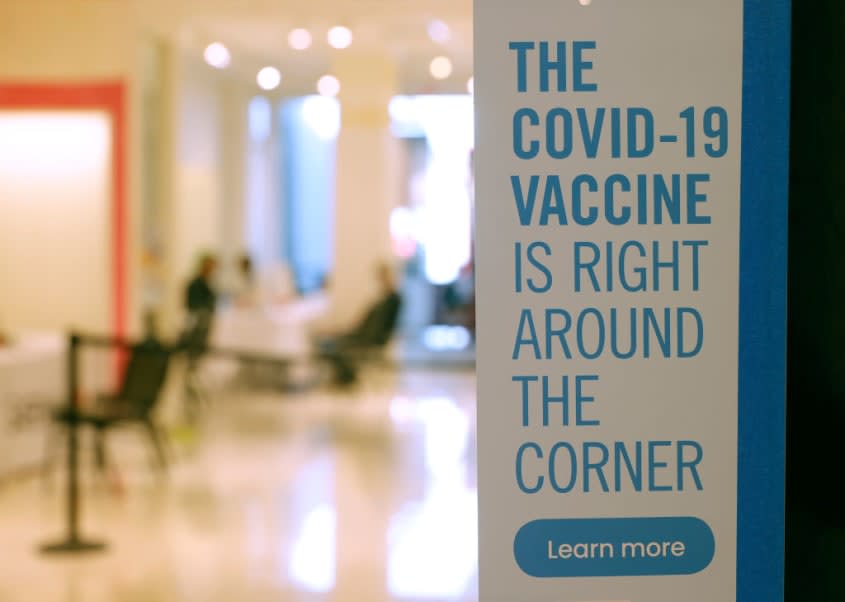Why full FDA approval of the Pfizer vaccine wasn't the 'silver bullet' for vaccination rates

Even though health officials had hoped the opposite to be true, a federal government analysis suggests full FDA approval of Pfizer's COVID-19 vaccine had only a "modest and relatively short-lived" effect on vaccination rates, CNN reports. In other words, while there was a resulting uptick, full licensure was not the "silver bullet" to completely eliminate vaccine hesitancy.
"There weren't suddenly lines around the block," said Becca Siegel, a senior adviser to the U.S. Department of Health and Human Services. That's because for "truly undecided people, this is a complex decision. It's not one thing," Siegel explained.
Notably, fear (whether that's of getting sick or of missing out), social pressure from friends and families, employer mandates, and concerns regarding the Delta variant were more likely to bolster vaccination rates in hesitant individuals than full FDA approval, CNN notes, per polling from the Kaiser Family Foundation.
Still, licensure could play an otherwise long-term role in convincing Americans to roll up their sleeves. "We won't see the impact of approval on day one, hour one, but could see it over a long period of time," said Siegel. "This is a slow, steady march."
And as the U.S. inches toward the finish line, "I think we've come to recognize that mandates are what we've come to in order to really generate increases in vaccination," added John Browstein of Boston Children's Hospital. "Mandates are super important to cover the last mile for those who are on the fence." Read more at CNN.
You may also like
7 painfully funny cartoons about America's endless vaccine fights

